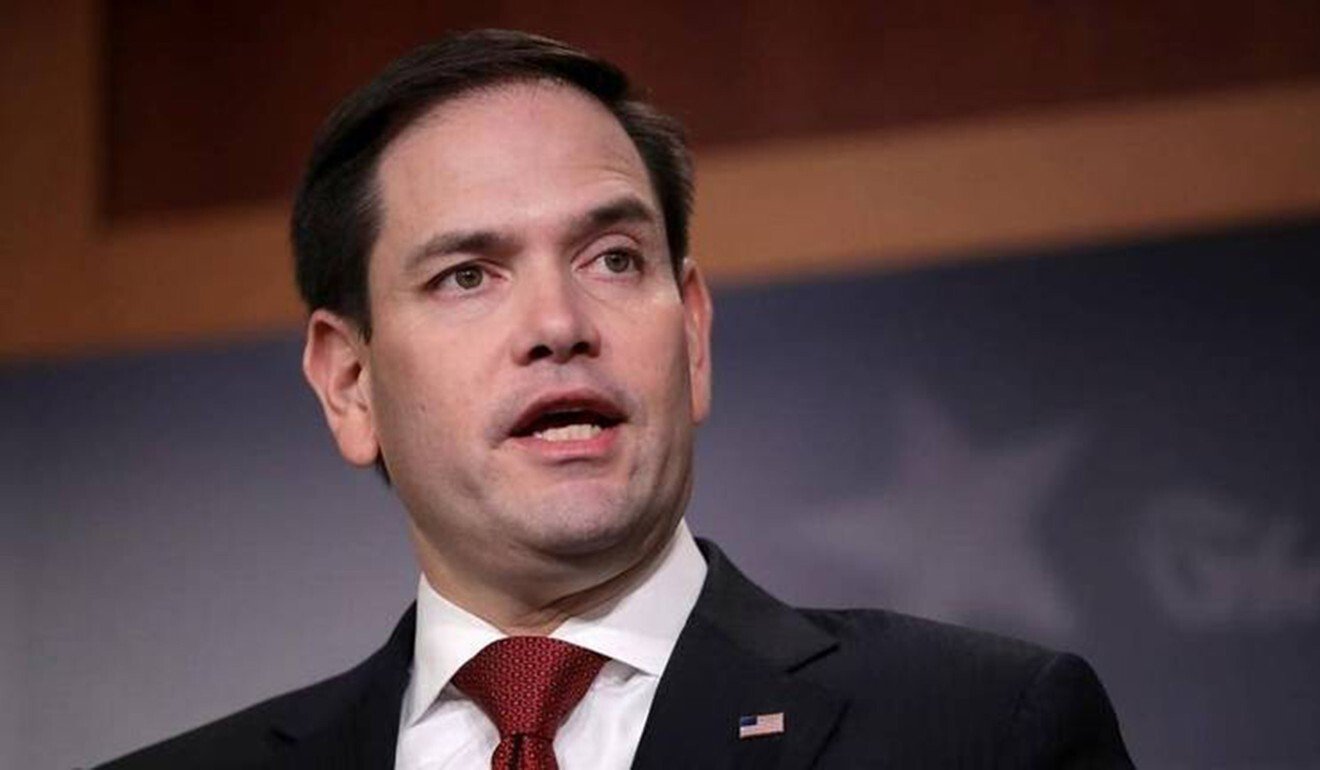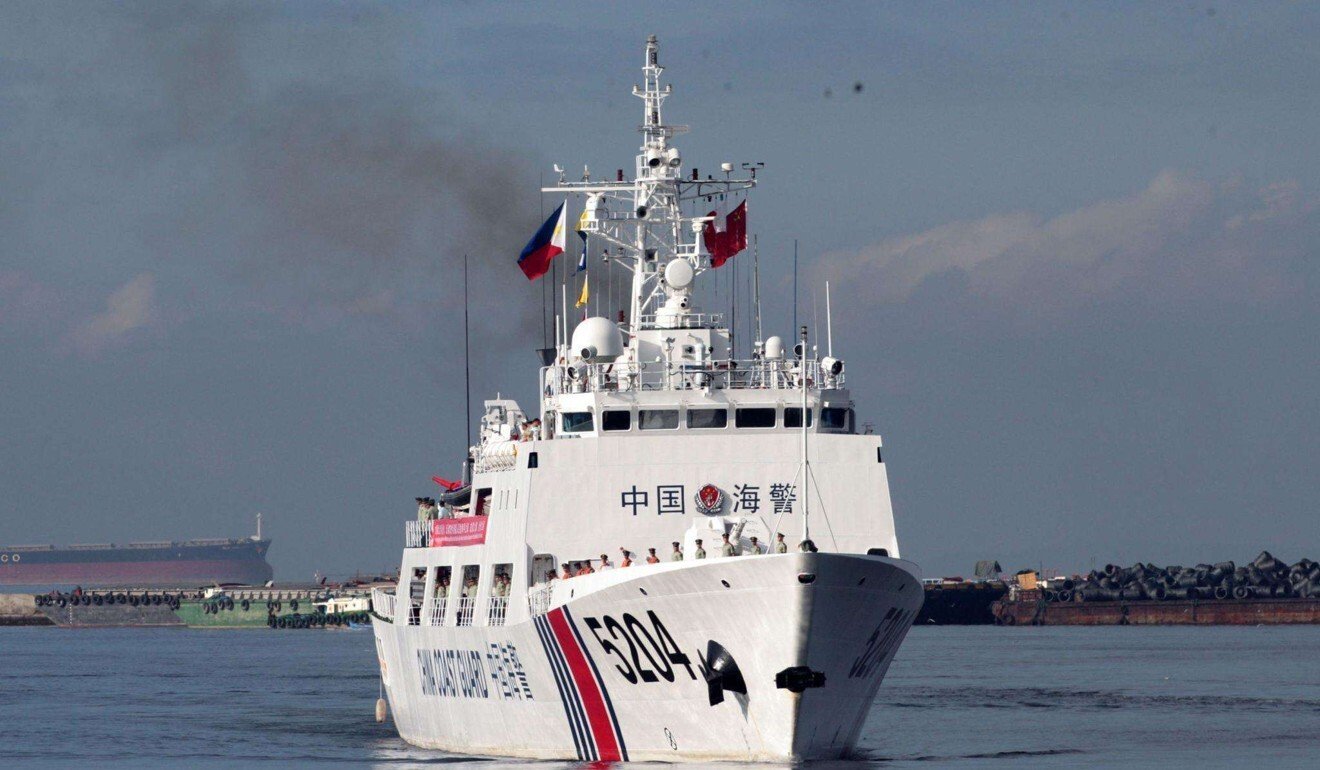Open letter to Hong Kong leader says continued failure to push for transfer represents a ‘gross abdication’ of her responsibility to city residents.
An open letter issued by more than 150 lawmakers from 18 countries urging Hong Kong’s leader to demand the immediate return of the 12 city fugitives detained in China has drawn a strong rebuke from the government, dismissing the call as “entirely improper”.
It has been more than 100 days since the dozen – all of whom are wanted in connection with last year’s anti-government protests– were arrested at sea by the Chinese coastguard while attempting to flee to Taiwan in August. They have been held in a Shenzhen detention centre ever since.
Last week, police in the southern Chinese city handed the case to prosecutors to rule if they should move ahead with criminal proceedings against the Hongkongers, who stand accused of entering waters illegally or organising an illegal border crossing.

In an open letter published on Tuesday, 155 lawmakers from countries including the United States, Britain, Australia, Germany and Japan, urged Chief Executive Carrie Lam Cheng Yuet-ngor to raise the case with Chinese officials in Beijing to ensure the detainees were guaranteed justice.
“To continue to fail to do so would be a gross abdication of your responsibility to serve the people of Hong Kong and ensure their well-being and safety,” the letter read.
They also expressed concerns about the justice system, which they said commonly employed torture and forced confessions, demanding she help the city residents return home to stand trial and ensure they have direct contact with their families and legal representatives.
But in a strongly worded statement issued late on Wednesday, the Hong Kong government denounced foreign lawmakers’ “entirely improper” calls for their return, which it described as a display of double standards.
“We condemn these politicians for turning a blind eye to the violence and serious crimes for which these absconded suspects are facing trial,” a government spokeswoman said.
“They should not condone the abscondment of suspects who are pending court trial, seeking to evade legal liabilities and in violation of court orders, by beautifying their escape from justice and ignoring justice for political reasons.“
So far, none of the lawyers hired by the detainees’ families had been able to visit their clients, with Chinese authorities repeatedly requesting they drop the cases, saying the group – 11 men and one woman aged 16 to 33 – had already been appointed representation.

Among the politicians signing the joint letter were US Senate Intelligence Committee chairman Marco Rubio, one of the key advocates of the Hong Kong Human Rights and Democracy Act; US House Foreign Affairs Committee chair Eliot Engel; UK Foreign Affairs Committee chair Tom Tugendhat; and New Zealand Foreign Affairs Committee chair Simon O’Connor.
Lam has previously said authorities enjoyed the jurisdictional right to detain the 12 fugitives, arguing that those who depicted them as “oppressed democracy activists” were trying to distract from their status as individuals wanted by police.
Benedict Rogers, who heads the London-based advocacy group Hong Kong Watch, said the latest joint letter reflected an international consensus that it was “a watershed case” that could determine if it would become common for Hongkongers to be held on the and stand trial there.
On Tuesday, localist activists set up street booths in various districts of the city to promote awareness of the 12 Hongkongers’ plight. Owen Chow Ka-sing, who handed out fliers in Causeway Bay, said local police had intervened and videotaped the whole process, a claim the force had rejected in the past.
Human rights group Amnesty International earlier warned that the dozen were at risk of torture, believing they had been subjected to some of “the most common tactics from the Chinese police’s playbook”.















